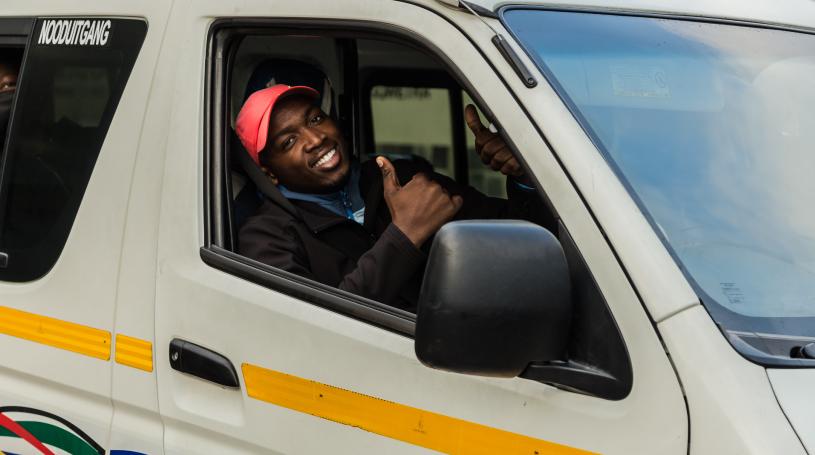The Cape Chamber of Commerce and Industry is deeply concerned about Cape Town’s current taxi crisis
The escalating conflict between law enforcers and taxi operators threatens to compound transport problems at a time when most residents are already feeling financial strain. We appeal to all stakeholders to commit to constructive dialogue aimed at resolving the impasse in the best interests of the society at large.
As much as we all hate lawless taxis, a better understanding of the taxi industry will help devise more effective strategies to combat lawlessness. In our view the City’s current zero-tolerance approach needs to be tempered by appreciation of several major economic challenges facing taxi operators.
Taxis transport about 70% of people to work. They are an essential service at a time when the public sector is largely failing to provide affordable transport for the urban poor.
In recent years the taxi sector has been caught in a perfect storm of rising costs, particularly fuel and vehicle financing. During Covid lockdown the sector lost its customer base, and many owners have yet to recover. The sector also does not enjoy the subsidies afforded to bus companies.
All of this means the industry’s stresses are valid and need to be carefully considered. Most taxi operators are simply trying to earn a living, often wrongly associated with rogue individuals who damage pubic property and engage in acts of intimidation.
The Cape Chamber is actively engaging taxi stakeholders to help find workable solutions. We held discussions with the South African National Taxi Council (SANTACO) to gain insight into current challenges. What we learned is that a recent huge increase in the number of taxi impoundments has crippled many operators, with 488 taxis repossessed by financial institutions over the past year along. .A further 300 are due to be repossessed as the sector buckles under the current economic climate, according to SANTACO’s Western Cape chairperson Mandla Hermanus.
Given the current harsh economic climate we believe there is an urgent need for constructive dialogue to avoid unnecessary violence and disruption to public transport. We cannot tolerate breaking the law. But rather than dishing out harsh penalties for often minor offences let us acknowledge the valid issues affecting the sector. In this way we believe there is a greater chance of collaboration and finding long-term solutions to our transport challenges.
Derryn Brigg
Deputy President of the Cape Chamber of Commerce & Industry

